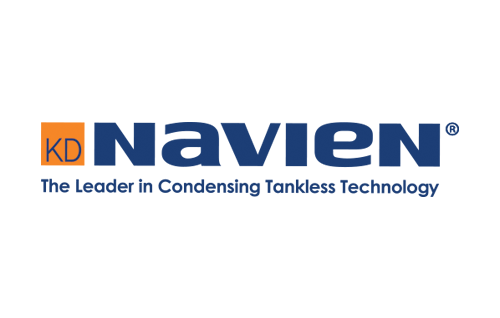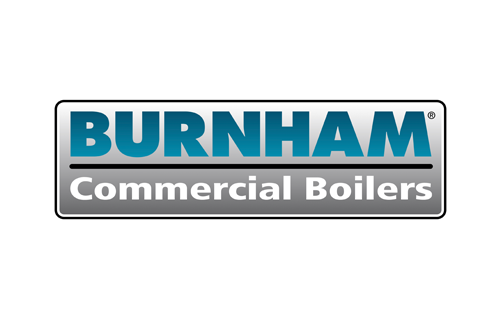FAQs
Waterworks Mechanical Inc.
Have a heating-related question? We have the answer. Check out these FAQs and give us a call today for more information!
-
How often should I service my boiler?
It's recommended to have your boiler serviced annually by a qualified technician. Regular servicing helps ensure that your boiler operates efficiently and safely, reducing the risk of breakdowns and extending its lifespan.
For exceptional services in boiler repair, turn to the team at Waterworks Mechanical Inc as soon as you can!
-
What are the most common issues that can arise with boilers?
Some common boiler problems include leaks, low pressure, thermostat issues, strange noises, and pilot light problems. Regular maintenance can help prevent many of these issues and curtail the need for boiler repairs.
-
Are there any energy-efficient options available for boilers?
Yes, there are several energy-efficient options available, including condensing boilers and combination (combi) boilers. These models are designed to use fuel more efficiently, resulting in lower energy bills and reduced environmental impact.
From boiler repairs to water heater installations, our team is here to provide high-quality services. Give us a call today!
-
How can I tell if my boiler needs repairing or replacing?
Signs that your boiler may need repair or replacement include frequent breakdowns, increased energy bills, uneven heating, strange smells or noises, and visible signs of damage or corrosion. According to Energy Star, you need to replace your furnace or boiler if it's more than 15 years old.
Generally, it's best to consult with a professional to assess the condition of your boiler. Turn to Waterworks Mechanical Inc for the boiler replacement or boiler repair work you need!
-
What size boiler do I need for my home?
The size of the boiler you need depends on factors such as the size of your home, the number of bathrooms, and your heating and hot water requirements. A qualified heating engineer can perform a heat loss calculation to determine the appropriate size for your home.
From boilers to water heaters, our team is ready to assist you with the maintenance, repair, and installation services you deserve!
-
How does a tankless water heater differ from a traditional water heater?
A tankless water heater heats water on demand, whereas a traditional water heater stores hot water in a tank. Tankless water heaters are more energy-efficient because they only heat water when needed, whereas traditional heaters continually use energy to keep water hot in the tank.
-
Are tankless water heaters more energy-efficient than traditional water heaters?
Yes, tankless water heaters are generally more energy-efficient because they don't have standby heat loss like traditional water heaters. However, energy savings depend on factors such as usage patterns, energy sources, and the efficiency of the unit.
-
What are the advantages of installing a tankless water heater?
Tankless water heaters offer several advantages, including endless hot water, space-saving design, longer lifespan (typically 20+ years), and reduced energy costs over time. They also have lower maintenance requirements compared to traditional water heaters.
-
Are there any drawbacks to using a tankless water heater?
While tankless water heaters have many benefits, there are some drawbacks to consider. They can have higher upfront costs than traditional water heaters, and their flow rate may be limited, especially in colder climates. Additionally, retrofitting a tankless unit into an existing home may require modifications to the gas or electrical system.
-
What size tankless water heater do I need for my home?
The size of the tankless water heater you need depends on factors such as the number of fixtures in your home, your peak hot water demand, and the temperature rise required. A professional can help determine the appropriate size based on your specific needs and usage patterns.
Get in touch with Waterworks Mechanical Inc to learn more about the services we provide for boilers and water heaters alike!
-
What should I do if I have a burst pipe?
First, turn off the main water supply to prevent further flooding. Then, call a plumber immediately to repair the burst pipe and assess any damage.
-
How can I prevent my pipes from freezing in the winter?
Insulate your pipes, especially those in unheated areas like basements and attics. You can also let your faucets drip slightly during extremely cold weather to keep water flowing and prevent freezing.
-
Why is my water bill higher than usual?
A sudden increase in your water bill could be due to a hidden leak, running toilets, or inefficient fixtures. A plumber can perform a thorough inspection to identify and fix the issue.






Share On: